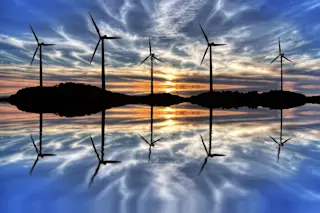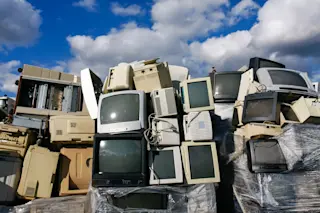Of all the postmortems on the recently concluded (and much maligned) Rio +20 Earth Summit, this observation strikes me as the smartest takeaway:
"I think the expectation that there is one document or one approach that can solve one of the major questions of our time "” how do you maintain economic growth and protect the environment? "” there's not one paper that can do that," said U.S. Assistant Secretary of State for Oceans and International Environmental and Scientific Affairs Dr. Kerri-Ann Jones.
Going forward, if greens are going to play a meaningful role in debates and policies that address global environmental problems, then they are going to have to take this question seriously (instead of dismissing it), and come to terms with economic growth. Many eco-minded commentators vaguely blamed the world's governments for the failure of Rio +20, but that's a gross oversimplification. For as Jeff Tollefson reported in ...













